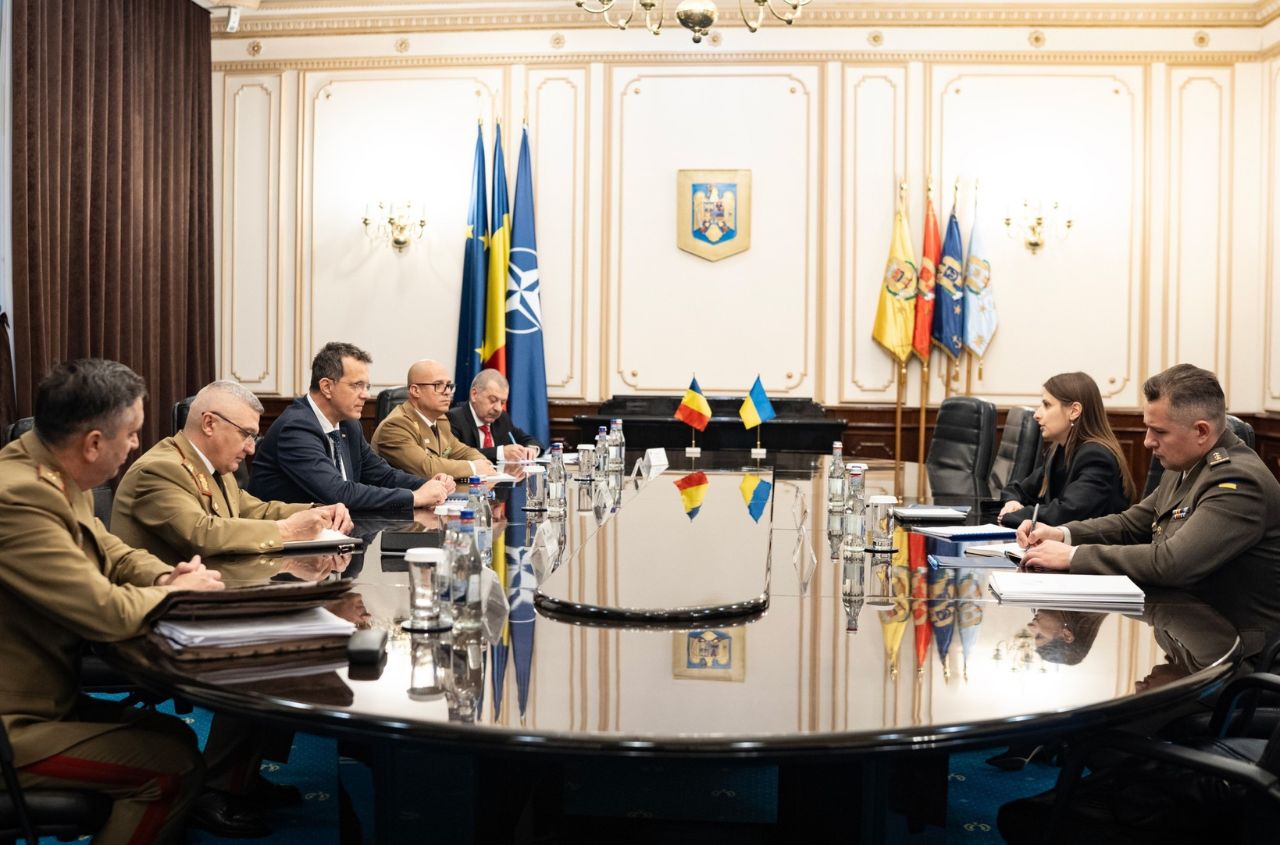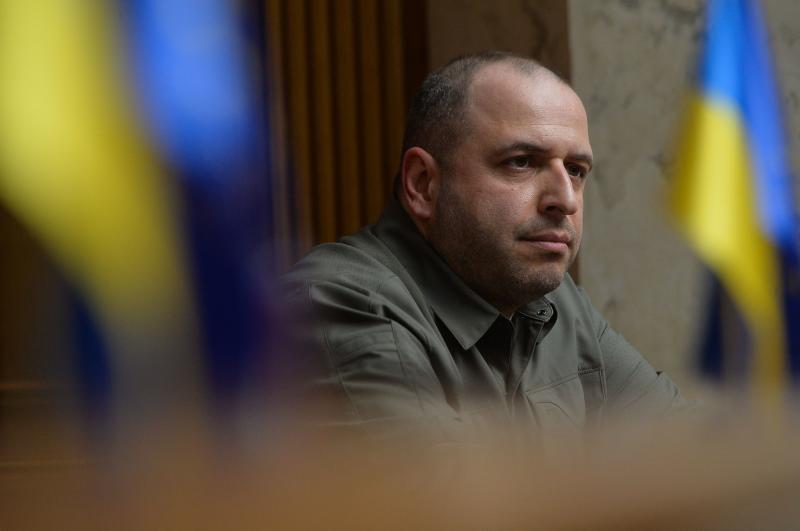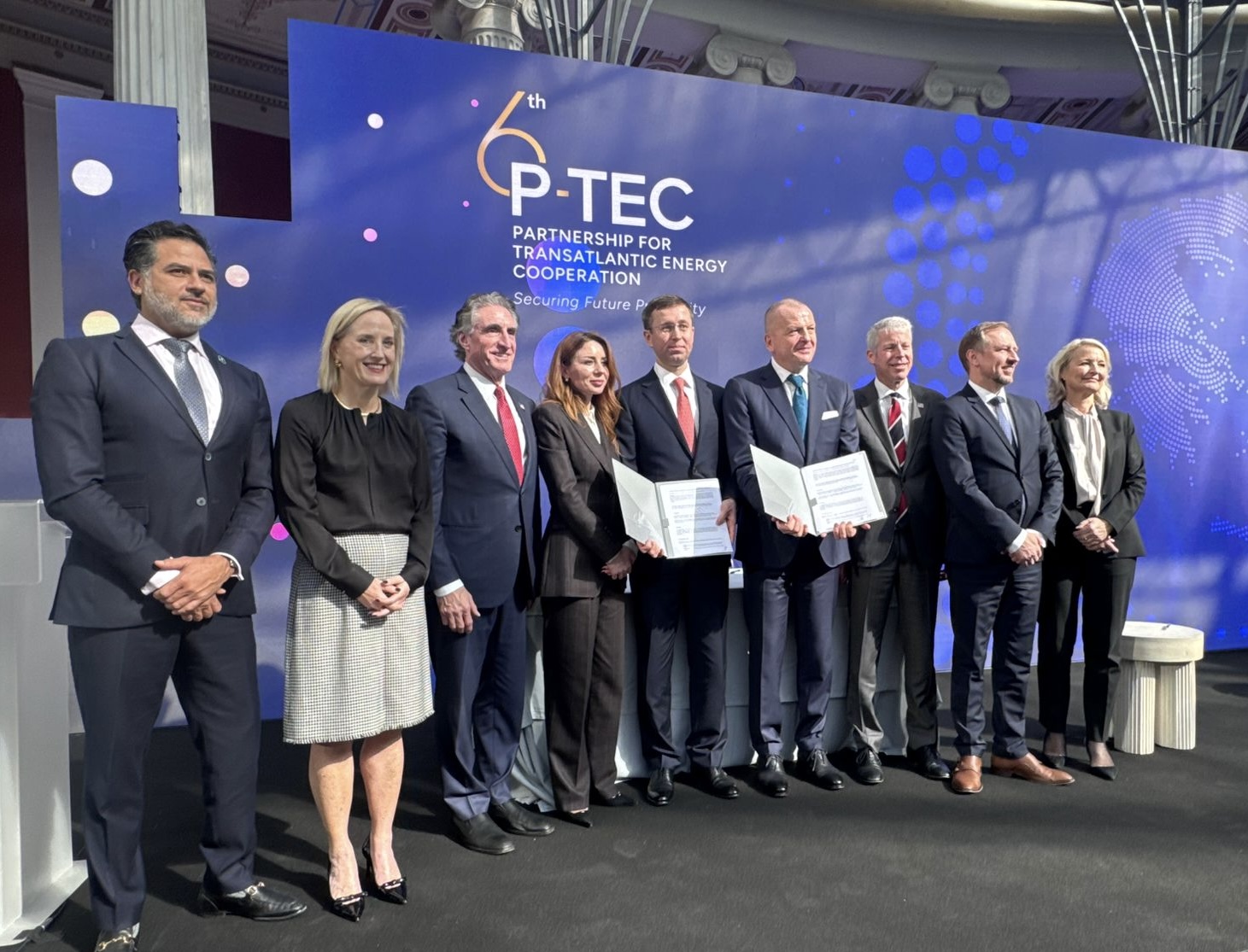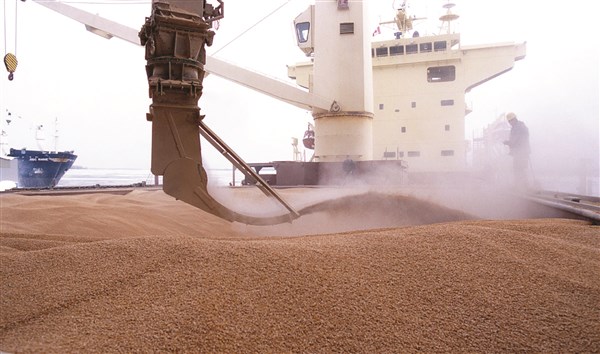The Minister of Foreign Affairs of Latvia, KrišjÄnis Kariņš, called for purchasing ammunition for Ukraine in countries outside the EU to fulfill the promised delivery of one million shells.
He made this statement during a meeting of the EU Foreign Affairs Council in Brussels.
On 22 January 2024, the Minister of Foreign Affairs, KrišjÄnis Kariņš, took part in the meeting of the European Union (EU) Foreign Affairs Council in Brussels, at which the Ministers of Foreign Affairs of the EU Member States discussed Russia’s aggression against Ukraine and exchanged view on the situation in the Middle East.
“Ukraine needs undivided support from like - minded democracies to be able to defend itself. It is in our own interests! The European Union must take a decision as soon as possible on the Ukraine Facility and the Ukraine Assistance Fund under the European Peace Facility to ensure further assistance to Ukraine,” KrišjÄnis Kariņš underlined at the meeting.
The Latvian Foreign Minister also called for buying the ammunition that Ukraine needs from non-European Union countries to enable the delivery to Ukraine of the committed one million rounds of artillery ammunition.
At the beginning of the Council, Ukraine’s Minister of Foreign Affairs, Dmytro Kuleba, joined the ministerial discussion online. He urged the upcoming extraordinary meeting of EU leaders, the European Council, to decide on €50 billion in financial support as the best security guarantee for Ukraine, while calling for an understanding that the duration of the war waged by Russia was conditional on those decisions.
In an exchange of views on a solution to the conflict in the Middle East, KrišjÄnis Kariņš reiterated the importance of an active role by the EU in resolving the conflict in close cooperation with the countries of the region and international players. That would help prevent a wider escalation of the conflict and find ways to bring sustainable peace to the region through a two-state solution.




















